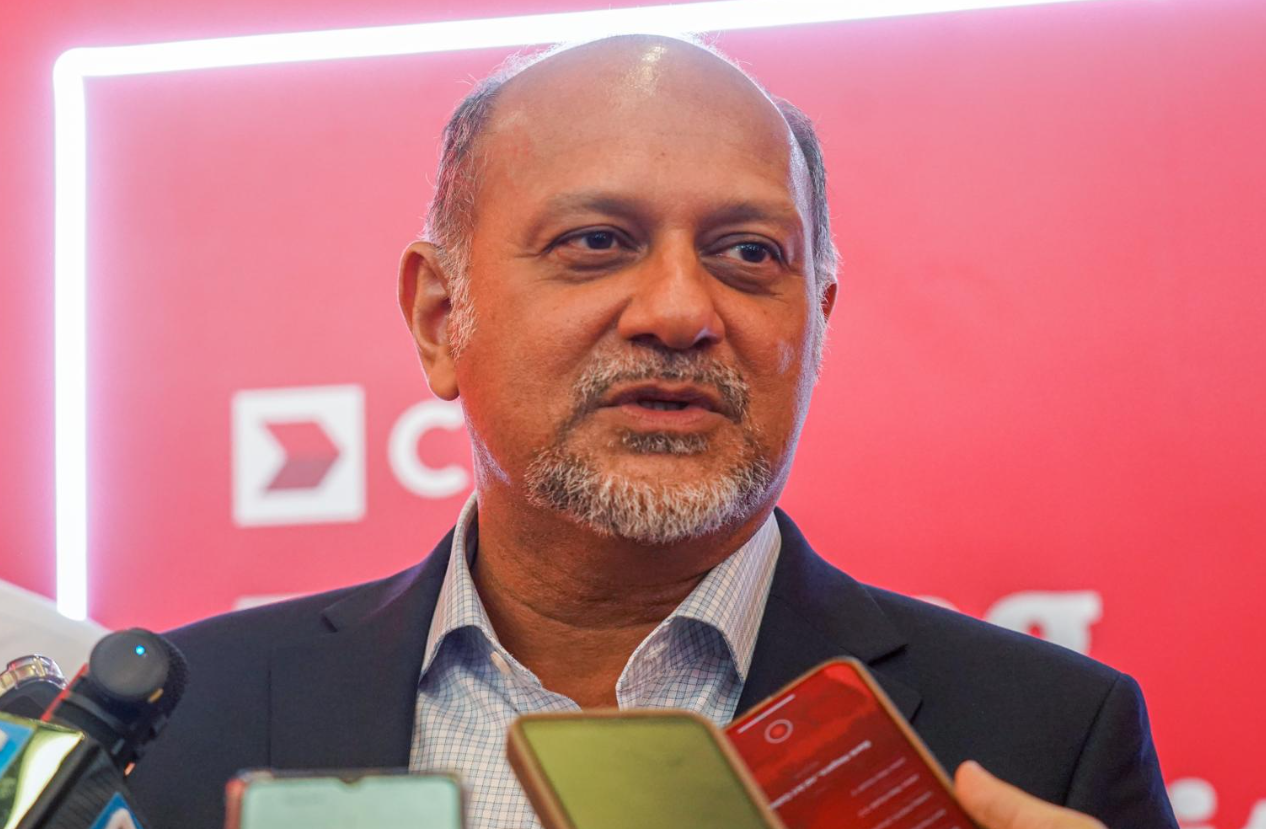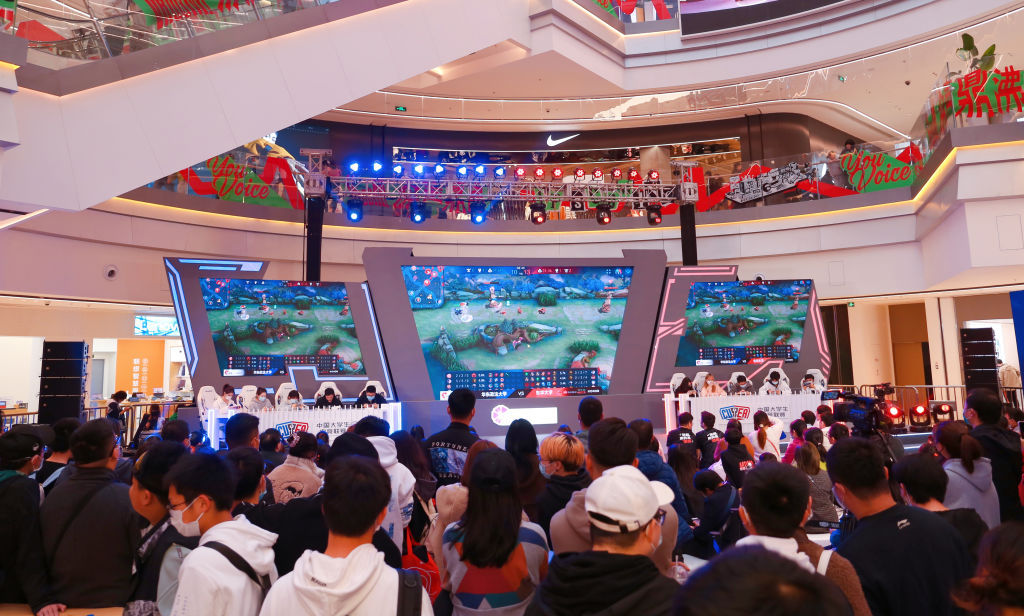In Shenzhen, a bustling city in southern China, a rising trend is transforming the hospitality industry: esports hotels. Zhu Hao, a young office worker, regularly checks into such hotels for weekend gaming marathons with friends. These getaways provide him with high-tech gaming setups and a break from the distractions of home. Zhu isn’t alone. Thousands of gamers across China are driving demand for these specialized hotels, which cater to groups eager to immerse themselves in games like League of Legends and PUBG Battlegrounds.
The Jinnang E-Sports Pan-Entertainment Hotel, where Zhu stays, offers a glimpse into this booming sector. With dorm-like accommodations, advanced gaming gear, and pantries stocked with snacks, it provides a haven for gamers seeking uninterrupted play. China now hosts over 21,000 esports hotels, the largest market for such venues globally, according to gaming research firm Niko Partners. These hotels have evolved into social hubs for gamers, appealing particularly to young people who prioritize leisure over saving, a lifestyle often associated with the “lie-flat” generation.
While esports hotels emerged as alternatives to gaming cafes during the pandemic, they have since carved out a distinct niche. Their affordability and group-focused setups make them attractive compared to hourly rates at cafes or investing in expensive gaming equipment. Alexander Champlin, esports senior analyst at Niko Partners, highlights the social aspect: “If you’re all in a hotel room playing together, it’s easier to talk strategy.”
Shenzhen leads this trend with over 350 esports hotels, supported by local government subsidies aimed at boosting the competitive gaming industry. The city also hosts esports clubs, including teams funded by investors such as Fosun International, which is planning to launch its own gaming hotel. Across Asia, the integration of esports with hospitality and cultural tourism is gaining traction, with examples in Malaysia, Japan, and Singapore.
For hoteliers like Zhang Zijun, who runs a 40-room esports hotel in Shenzhen, this trend means high occupancy rates—often exceeding 90%. Rooms cater to a diverse clientele, including women, with themed designs and round-the-clock support. However, the competition is intense. Nearby hotels vie for dominance in the growing market, leading to price wars and frequent ownership changes.
Esports hotels also reflect a broader cultural shift in China. They resonate with a generation that embraces gaming as both recreation and a social activity. Despite government regulations on gaming hours for minors, esports has gained recognition as a driver of economic growth. The 2023 release of Black Myth: Wukong, a blockbuster Chinese game, further fueled interest, boosting hardware sales and benefiting esports hotels.
China’s esports industry generated $3.7 billion in 2023, with revenues up 4% in 2024, according to the Electronic Sports Committee of China Audio-Video and Digital Publishing Association. Esports lodging alone contributed $2.7 billion, as reported by Ctrip.com. The trend shows no signs of slowing, with major players like SEM9 in Malaysia remodeling hotels to target this lucrative market.
As esports continues to blur the lines between gaming, hospitality, and cultural tourism, the rise of esports hotels underscores a transformative shift in how younger generations unwind and connect.










